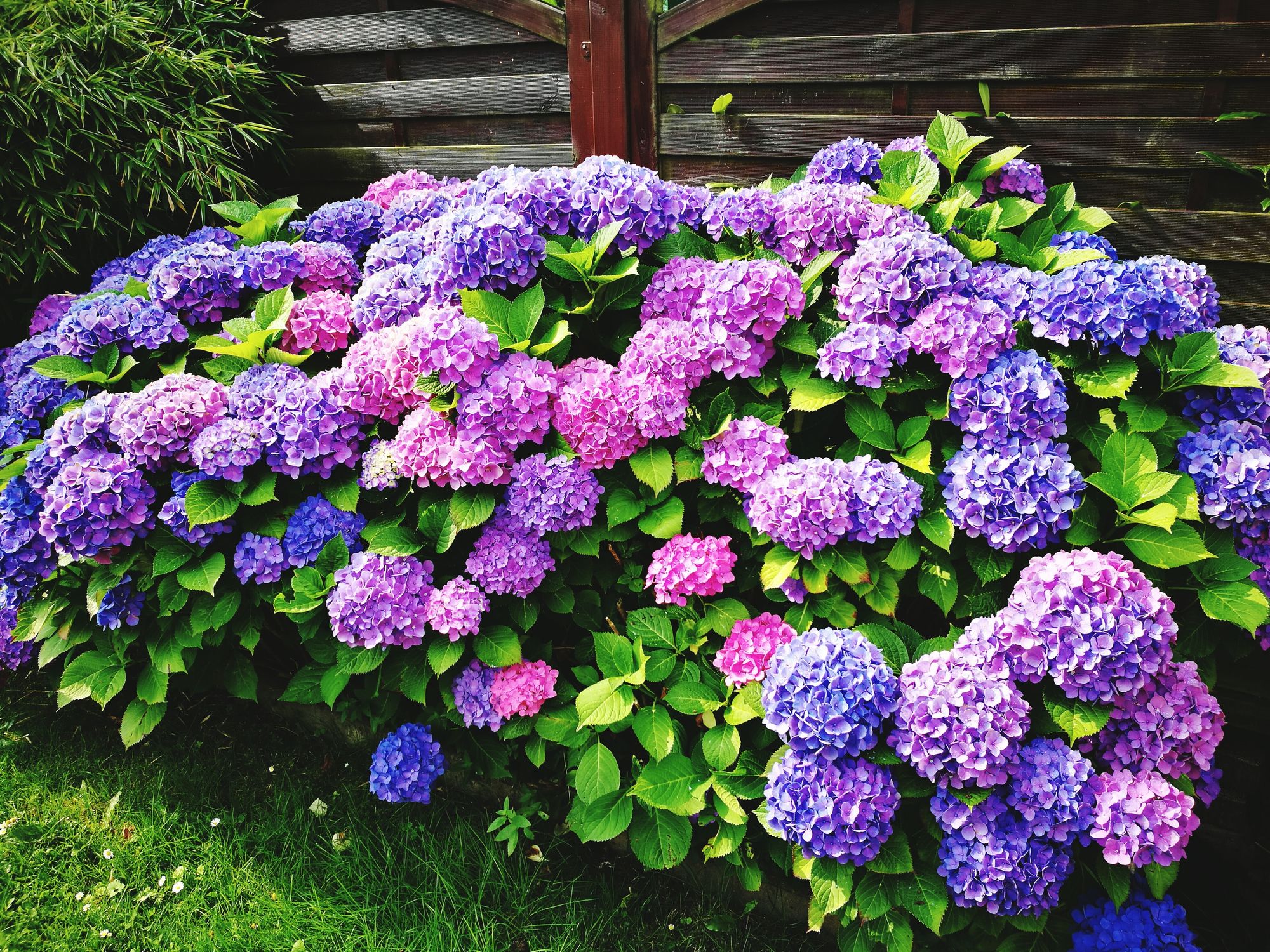Are Hydrangeas Poisonous What You Need To Know
Hydrangeas are beautiful flowering shrubs that are popular in gardens around the world. However, it is important to know that hydrangeas are poisonous to humans and animals. The chemical compound that makes hydrangeas poisonous is called amygdalin, which is a cyanogenic glycoside. Cyanogenic glycosides are released when the plant is damaged or ingested, and they can break down into cyanide, which is a deadly poison.
The amount of hydrangeas that it takes to cause poisoning varies depending on the individual, but even small amounts can be harmful. Symptoms of hydrangea poisoning can include:
- Vomiting
- Diarrhea
- Abdominal pain
- Headache
- Dizziness
- Confusion
- Slow heart rate
- Breathing difficulty
- Coma
In severe cases, hydrangea poisoning can be fatal. If you think that you or someone you know has ingested hydrangeas, it is important to seek medical attention immediately.
Main Content
The following are some additional information about hydrangea toxicity:
- All parts of the hydrangea plant are poisonous, including the leaves, flowers, stems, and roots.
- Hydrangea poisoning is more likely to occur in children and pets, as they are more likely to ingest the plant.
- There is no antidote for hydrangea poisoning, so treatment is supportive. This may include giving the person or animal activated charcoal to absorb the poison, fluids to flush the poison out of the system, and oxygen to help with breathing.
- In severe cases, hydrangea poisoning may require hospitalization.
How to Prevent Hydrangea Poisoning
There are a few things you can do to prevent hydrangea poisoning:
- Keep hydrangeas out of reach of children and pets.
- Plant hydrangeas in areas where children and pets are not likely to come into contact with them.
- Be aware of the signs of hydrangea poisoning and seek medical attention immediately if you think someone has ingested the plant.
Conclusion
Hydrangeas are beautiful plants, but it is important to be aware of their toxicity. By taking precautions to keep hydrangeas out of reach of children and pets, you can help to prevent poisoning. If you think that someone has ingested hydrangeas, it is important to seek medical attention immediately.
Hydrangeas are beautiful flowers that are often used in landscaping. However, it is important to know that hydrangeas are poisonous to both humans and animals. All parts of the plant contain a compound called amygdalin, which can break down into cyanide. Cyanide poisoning can cause a variety of symptoms, including nausea, vomiting, diarrhea, headache, dizziness, confusion, seizures, and even death.
If you think you or someone you know may have ingested hydrangea, it is important to seek medical attention immediately. There is no specific antidote for cyanide poisoning, but treatment typically involves supportive care, such as giving oxygen and fluids.
For more information about hydrangea poisoning, please visit . This website provides detailed information about the symptoms of hydrangea poisoning, as well as treatment options. You can also find information about how to prevent hydrangea poisoning.
FAQ of hydrangea poisonous
FAQs about Hydrangea Poisoning
- Are hydrangeas poisonous?
Yes, hydrangeas are poisonous to humans and animals. All parts of the plant, including the leaves, flowers, stems, and roots, contain cyanogenic glycosides, which can release cyanide when ingested. Cyanide poisoning can cause a variety of symptoms, including nausea, vomiting, diarrhea, headache, dizziness, weakness, shortness of breath, and seizures. In severe cases, cyanide poisoning can be fatal.
- How much hydrangea is poisonous?
The amount of hydrangea that is poisonous varies depending on the individual's size and weight, as well as the specific type of hydrangea. However, even small amounts of hydrangea can be harmful, especially to children and pets. If you think that you or someone you know has ingested hydrangea, it is important to seek medical attention immediately.
- What are the symptoms of hydrangea poisoning?
The symptoms of hydrangea poisoning can vary depending on the amount of hydrangea ingested and the individual's age and health. Some common symptoms include:
* Nausea and vomiting
* Diarrhea
* Headache
* Dizziness
* Weakness
* Shortness of breath
* Seizures
* Coma
- What should I do if I think someone has ingested hydrangea?
If you think that someone has ingested hydrangea, it is important to seek medical attention immediately. Do not induce vomiting unless instructed to do so by a medical professional. Call the Poison Control Center at 1-800-222-1222 for more information.
- How can I prevent hydrangea poisoning?
The best way to prevent hydrangea poisoning is to keep the plant out of reach of children and pets. If you have hydrangeas in your yard, you may want to consider planting them in an area that is fenced off or otherwise inaccessible to children and pets. You should also wash your hands thoroughly after handling hydrangeas, and avoid smoking or chewing on the plant.

Post a Comment for "Are Hydrangeas Poisonous What You Need To Know"